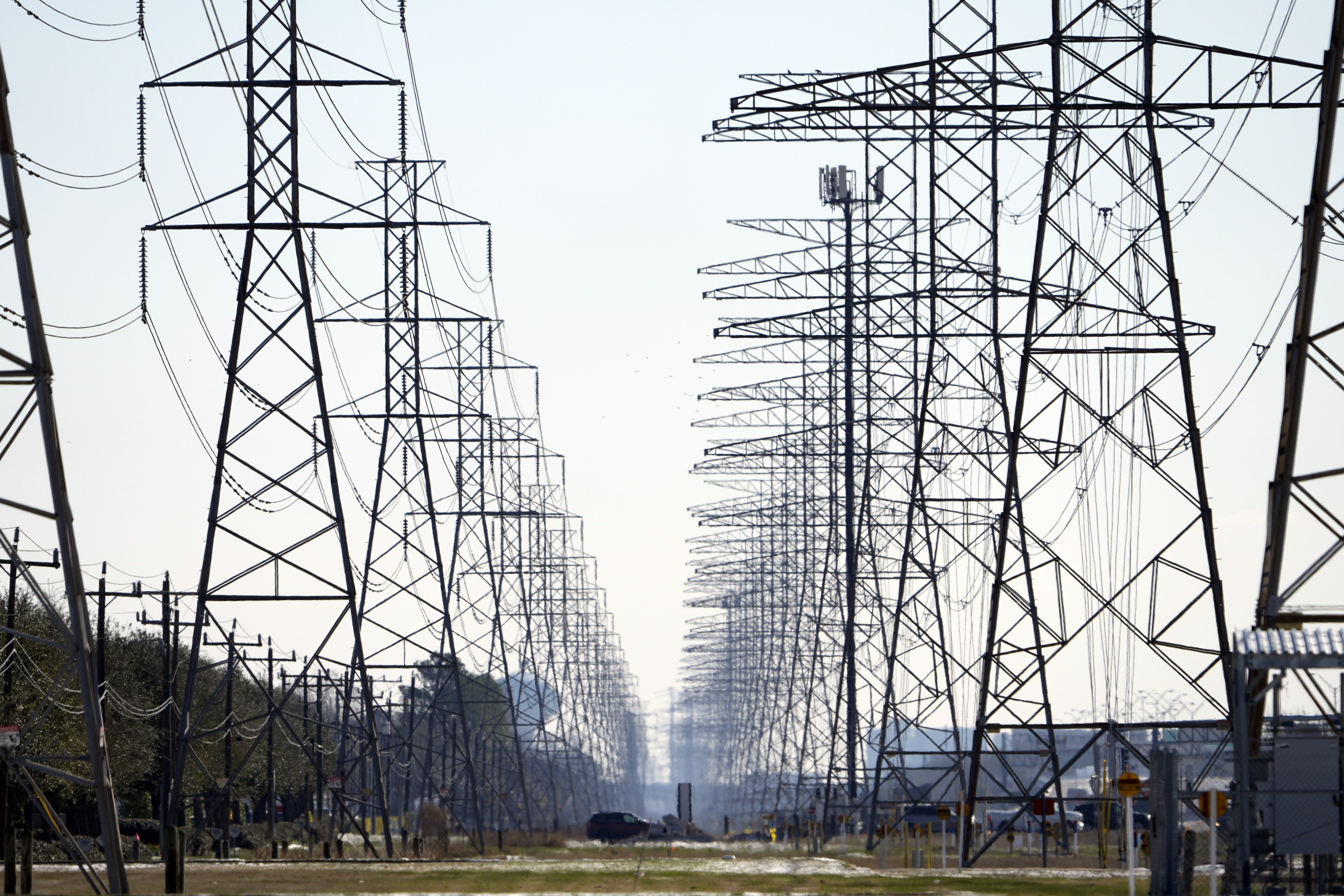Lawyers for about 20,000 Texans and Texas businesses have asked the Texas Supreme Court to revive their Winter Storm Uri-related lawsuits and allow their negligence claims against power generators such as Luminant, NRG Power and Calpine to go to trial.
In court documents filed Thursday, Dallas appellate law expert Ann Saucer told the justices on the state’s highest court that a lower court failed to recognize that power generators violated their legal duty under Texas law to “not disconnect service to a residential customer during an extreme weather emergency.”

The December 2023 ruling by the First Court of Appeals in Houston that the power generators are immune from the Winter Storm Uri lawsuits “stifles the common law and threatens legal ossification and economic stagnation,” Saucer wrote in an 18-page brief.
Saucer told the justices that the First Court’s decision “relied on invented facts” and has “the potential to wreak havoc” in other litigation matters, and thus it needs to be reversed.
The lawsuits stem from the horrific human and property losses suffered during Winter Storm Uri in February 2021 when subzero and single-digit temperatures and freezing precipitation blanked Texas and half of the U.S. for more than four days. At least 246 Texans died, thousands more suffered serious medical injuries, and tens of thousands of people and businesses were hit with extensive property damages.
RELATED: Four Years Later, Zero Jury Trials for 30,000 Victims of Historic Storm
The Winter Storm Uri litigation has been divided into two separate tracks: lawsuits against 200 power generators, which includes Exelon and Sempra Energy, and claims against power distributors, such as Oncor Electric Delivery and CenterPoint Energy. All of the wrongful death, personal injury and property damage cases accuse the energy companies of gross negligence and intentional misconduct. The Texas justices are also considering a request by the distributors to have the thousands of lawsuits filed against them thrown out.
All the Winter Storm Uri lawsuits were consolidated by the Texas Supreme Court under a single multidistrict litigation docket handled by former Harris County District Judge Sylvia Matthews, who was appointed to oversee the Winter Storm Uri MDL.
In a series of rulings in 2022 and 2023, Judge Matthews dismissed hundreds of cases brought by plaintiffs against 60 natural gas companies for their role in the disaster, but she allowed the lawsuits against the power generators and distributors to move forward. The appeals of those decisions were assigned to separate appellate courts.
The Fourteenth Court of Appeals in Houston upheld Judge Matthews’ decision to allow the litigation against the distributors to proceed to trial. However, the First Court reversed the trial court, declaring that the lawsuits against the power generators “have no basis in law or fact.”
The Texas Supreme Court heard oral arguments in the distributors’ litigation earlier this year.

In the brief filed Thursday, Saucer argued that the power generators “continue to misstate the facts pled and the duty raised in direct contrast” to Rule 91a’s standard for dismissing a case. She also stated that the power generators and the First Court “mischaracterize” the Texas Legislature’s deregulation measures a decade ago.
“[Power generating companies] depend on the legal fiction that the Legislature granted them sweeping immunity from deadly malfeasance — malfeasance they were instructed not to commit,” she wrote. “This fictional immunity is irreconcilable with the statutes and attendant regulations.”
“In the deregulation, the Legislature ensured customers the same level of pre-existing protection, thus preserving common law tort actions recognizing a duty to act reasonably and reliably in supplying electricity,” Saucer argued. “PGCs erroneously claim that the deregulation absolved them of duties of reasonability. That the Legislature did not codify a cause of action against PGCs is a red herring.”
In its brief filed in May, lawyers for the power generators argued that the First Court decision “broke no new ground” and should be upheld.
“The court correctly held that generators, which are statutorily precluded from having any direct relationship with retail electricity consumers, don’t owe a legal duty to supply electricity to those consumers,” appellate lawyers Macey Reasoner Stokes and Allyson Ho wrote for the power generators. “The court also rightly rejected petitioners’ attempt to craft a negligent undertaking claim by artfully pleading alleged omissions as affirmative acts. And it properly held that petitioners’ nuisance claims failed as a matter of law for lack of any surviving cause of action.”
RELATED: When it Comes to Ann Saucer, Never Doth the Lady Protest Too Much
Stokes is an appellate partner at Baker Botts and represents NRG and Calpine. Ho is an appellate partner at Gibson, Dunn & Crutcher and represents Luminant.
Saucer is a partner at the Nachawati Law Group in Dallas. Other lawyers representing the plaintiffs include N. Majed Nachawati, as well as Mikal Watts and Meredith Stratigopoulos.
Other lawyers for the power generators include Michael Raiff, Elizabeth Kiernan and Stephen Hammer of Gibson Dunn, and George Fibbe and J. Mark Little of Baker Botts.
The case is In re Bernadine Edwards, Supreme Court of Texas, No. 25-0094.
